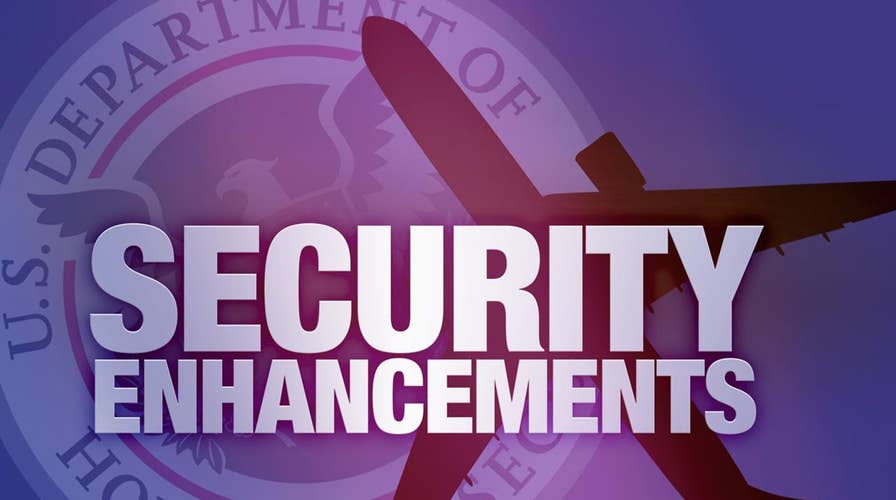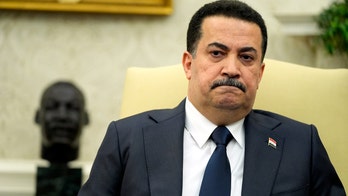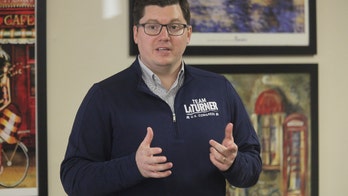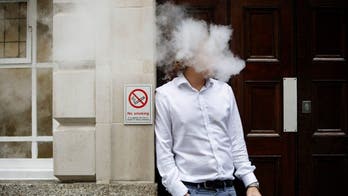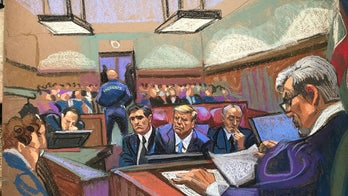The expanded airplane laptop ban is not booting up just yet, federal officials told Fox News on Thursday.
The Department of Homeland Security is considering widening the the policy, which now applies to flights coming in from select countries. Speculation increased after an electronic device in the cabin of a JetBlue flight caught fire this week. But officials told Fox News that situation was not a security situation and more a matter for the Federal Aviation Administration.
“The DHS element is the security,” said DHS Spokesman Dave Lapan. “It’s the FAA looking at the safety issue.”
Lapan revealed that the FAA has been part of the meetings on the possible expansion of the laptop ban, which DHS Secretary John Kelly has repeatedly called “likely.”
Expansion of the ban on electronic devices larger than a cellphone has been “more complicated” than federal officials initially thought, Lapan said.
“The airlines didn’t at first have a sense of the threat environment and they have since learned more after meeting with Federal Law Enforcement officials,” Lapan said. “Likewise, the Department [of Homeland Security] has learned different things. We knew it was complex and difficult but those challenges have become clearer.”
The initial ban of certain electronic devices on U.S.-bound flights from 13 international airports was due to reports of increased terror threats that suggested Al Qaeda and other groups were looking to smuggle explosive materials onboard planes. The ban also renewed post-9/11 regulations on liquids on planes.
According to DHS, the airports affected by the initial ban are: Jordan’s Queen Alia International Airport, Cairo International Airport, Ataturk International Airport, Saudi Arabia’s Kin Abdul-Aziz International Airport, Morocco’s Mohammad V Airport, Qatar’s Hamad International Airport, Dubai International Airport, and Abu Dhabi International airport.
Last week, the TSA introduced new screening protocols for carry-on bags at about a dozen U.S. airports, and that program could, also, potentially expand to other airports. The program requires travelers to place any electronics larger than a cell phone in a separate bin for X-ray screening. According to the TSA, officials at the security checkpoints may also advise travelers to place other carry-on items in separate bins.
But the ultimate timing of a decision, according to DHS officials, is up to Secretary Kelly, who said last week: “We’ll make a decision when the time is right.”
“It will happen when it happens,” Lapan told Fox News.
Fox News' Brooke Singman contributed to this report.
